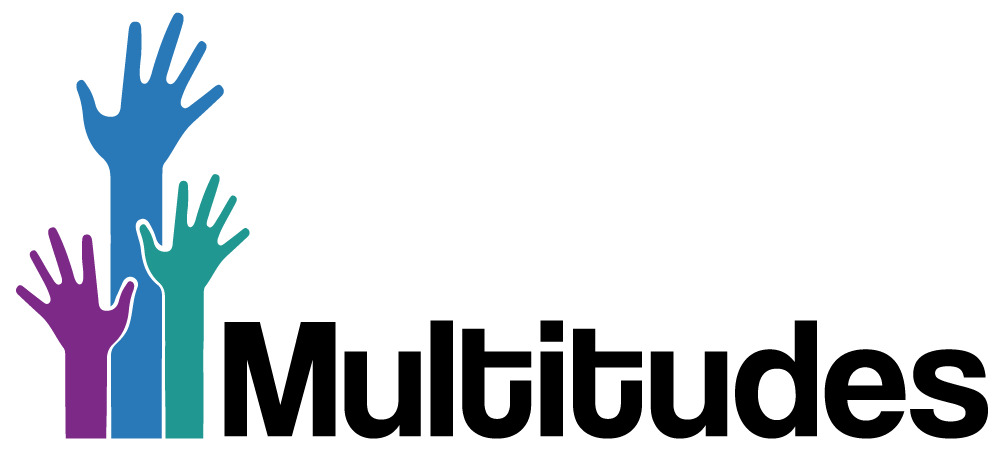Between May and August 2025, the enabling environment for civil society in Chile was influenced by the climate of electoral primaries, various mobilisations, and the impact of the corruption case called Convenios. The ruling coalition’s primary confirmed Jeannette Jara as a candidate, and during this period President Boric’s approval rating declined due to the aforementioned Convenios Case and its implications.
Within this context, civil society in Chile remained very active: the XXV Pride March drew over 100,000 people demanding stronger protections against discrimination, and organisations influenced key reforms including the National Care System, the “More Women on Boards” Law, and the Adoption Law, and also the presentation in Congress of the reform to Law 20,500 on Associations and Citizen Participation in Public Management. Furthermore, on 1 September, the reform to Law 20,500 on associations and citizen participation in public management was submitted to Congress.
This reform will have a significant impact on the enabling environment for civil society, and organisations have been instrumental in advocating for this change. Another important milestone of great relevance to civil society occurred on 25 September since Chile’s application to EITI was accepted. However, in the run-up to the November 2025 elections, coordinated disinformation campaigns have also been detected, creating opportunities to undermine the exercise of democracy.
Espanol
Entre mayo y agosto de 2025, el entorno habilitante para la sociedad civil en Chile estuvo influido por el clima de las primarias electorales, diversas movilizaciones y el impacto del caso de corrupción conocido como Convenios. La primaria de la coalición gobernante confirmó a Jeannette Jara como candidata, y durante este período la aprobación del presidente Boric disminuyó debido al mencionado caso Convenios y sus implicaciones.
En este contexto, la sociedad civil en Chile se mantuvo muy activa: la XXV Marcha del Orgullo reunió a más de 100,000 personas que exigieron mayores protecciones contra la discriminación, y las organizaciones influyeron en reformas clave, como el Sistema Nacional de Cuidados, la Ley “Más Mujeres en los Directorios” y la Ley de Adopción. Además, el 1 de septiembre se presentó ante el Congreso la reforma a la Ley 20.500 sobre Asociaciones y Participación Ciudadana en la Gestión Pública. Esta reforma tendrá un impacto significativo en el entorno habilitante de la sociedad civil, y las organizaciones han desempeñado un papel fundamental en su promoción.
Otro hito importante y de gran relevancia para la sociedad civil ocurrió el 25 de septiembre, cuando se aceptó la solicitud de Chile para unirse a la Iniciativa para la Transparencia de las Industrias Extractivas (EITI, por sus siglas en inglés). Sin embargo, en el marco previo a las elecciones de noviembre de 2025, también se han detectado campañas coordinadas de desinformación, lo que genera riesgos para el ejercicio democrático.
Network Member: Multitudes
